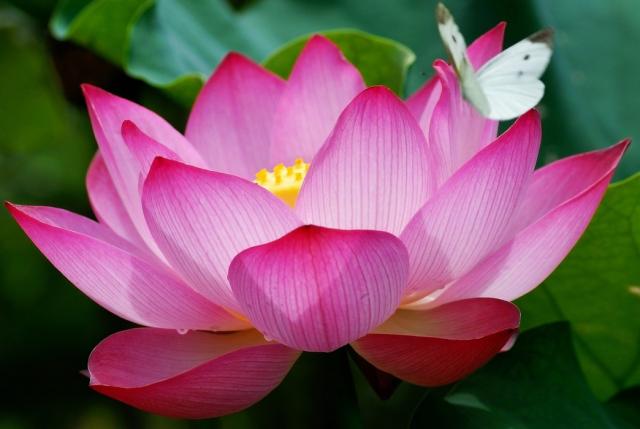The word sacred means connected with God. Therefore, the quote becomes...each thought, each action in the sunlight of awareness becomes connected with God.
I like to envision holding out my thought, or my action, in the sunlight of awareness and then ask myself, "Is this a godly thought, or is this a godly action?" That deep awareness of being connected with God, being one with all, and shining a bright ray of light on that deep awareness with the knowledge that it touches everything.
This doesn't mean that we won't have challenging feelings like anger, frustration, sadness, etc. I'm not a proponent of sweeping these feelings under the rug and ignoring them. However, we can bring awareness to our feelings, to our thoughts, and reactions to those feelings. A lot of times our thoughts and reactions to the feeling is the piece that causes us to get stuck.
Yesterday I was reminded to "embrace the anger", to use it as fuel for positive change. This is a good example of how we can either choose to use our anger destructively and gear our thoughts and reactions toward things like vengeance, or we can use our anger productively toward something like steps to correct an injustice, etc. Anger can be a wonderful motivator, a change agent.
Pastor and entrepreneur, Russ Ewell, explains that, “'Deep Awareness' is a spiritual sensitivity to God and his Word that awakens our conscience, and stirs up the transformative power of the Holy Spirit for change. This awareness keeps us from slipping back into old patterns of life or attitudes of mind. Most importantly, 'Deep Awareness' keeps us confident of God’s grace, so we can navigate the difficult or even discouraging stages of our spiritual journey, and reach the destiny to which God has called us."
This quote reminds me to live with a deeper awareness, to bring my thoughts and actions into the sunlight of awareness, to continuously remember my connection to God and to all.
Yoga instructor Lisa Mccormack sums it up beautifully, "When we walk united in deep awareness and stand undivided in our intention, our collective energy is exponentially magnified. The next person you meet needs this from us right now. You may need this from us right now. Join me in creating an energetic tapestry of compassion and hope to surround and comfort all living beings who are suffering in the world right now."
Amen
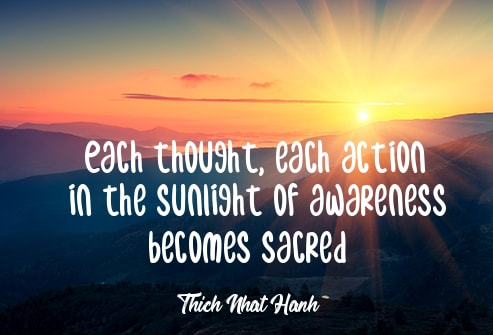


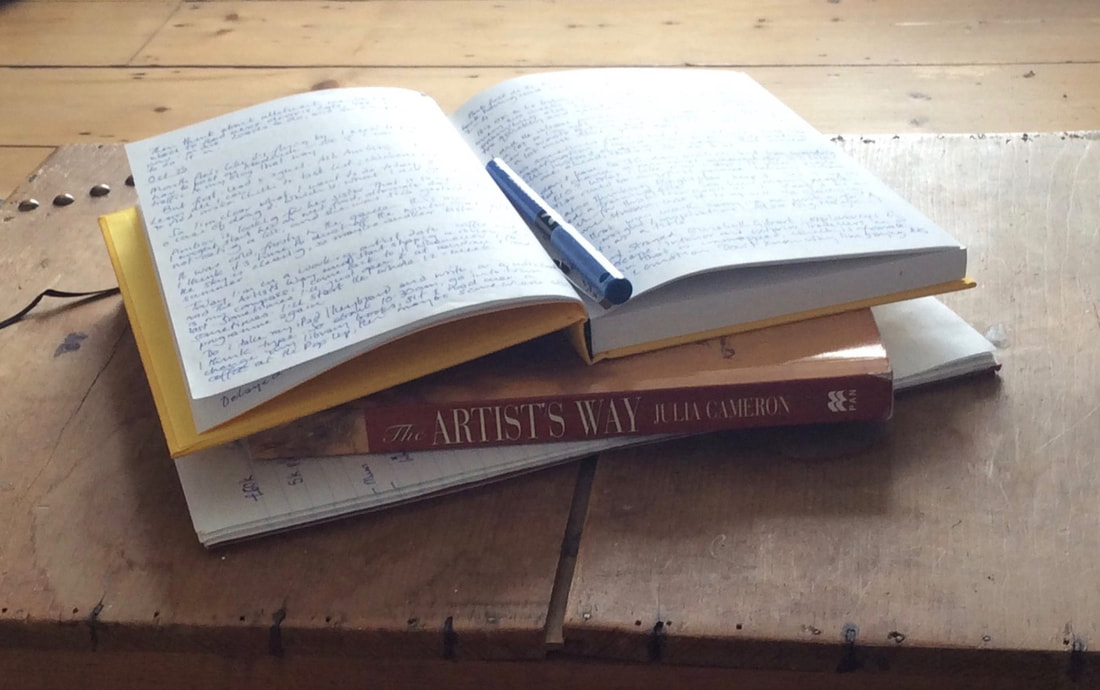
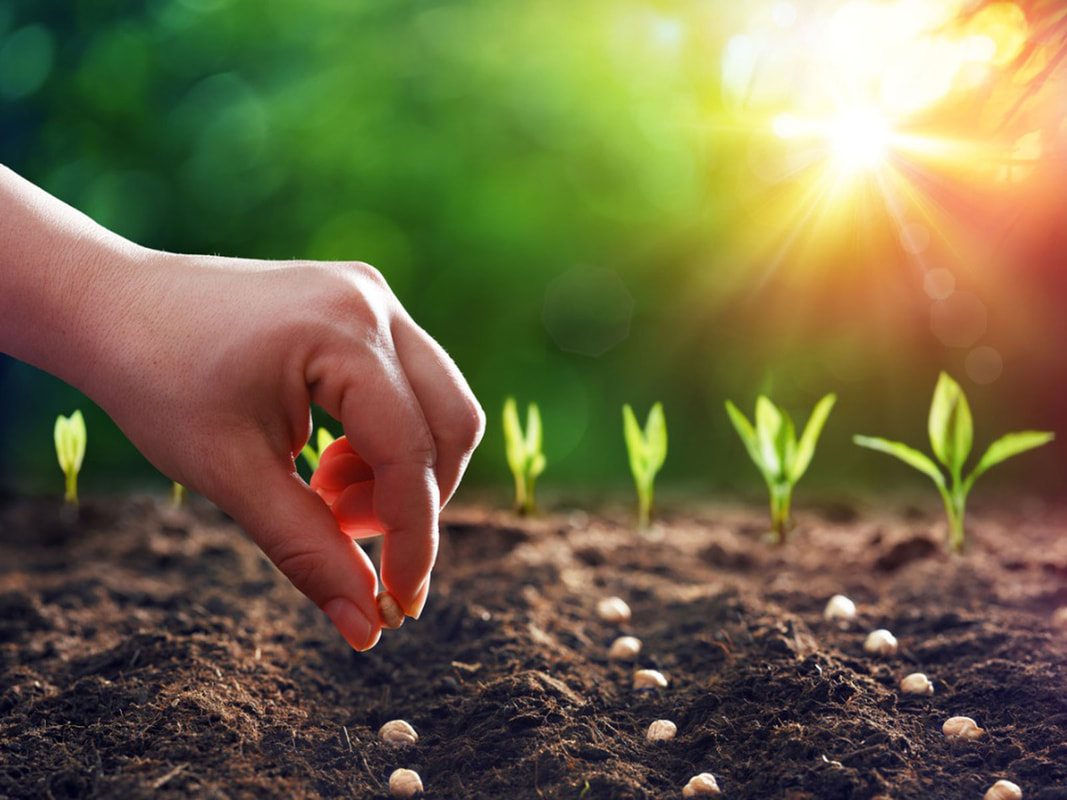
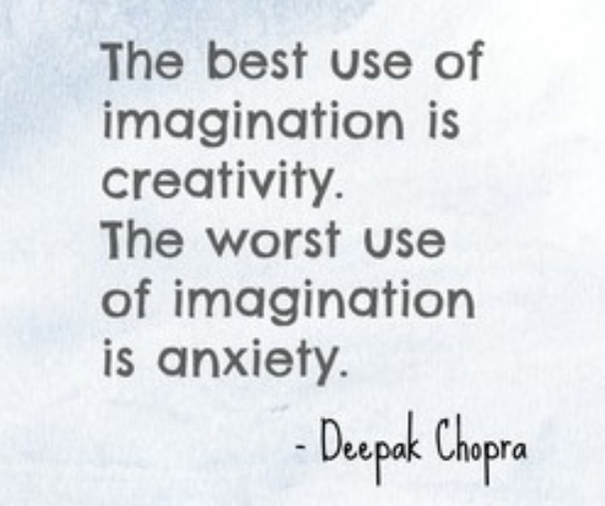
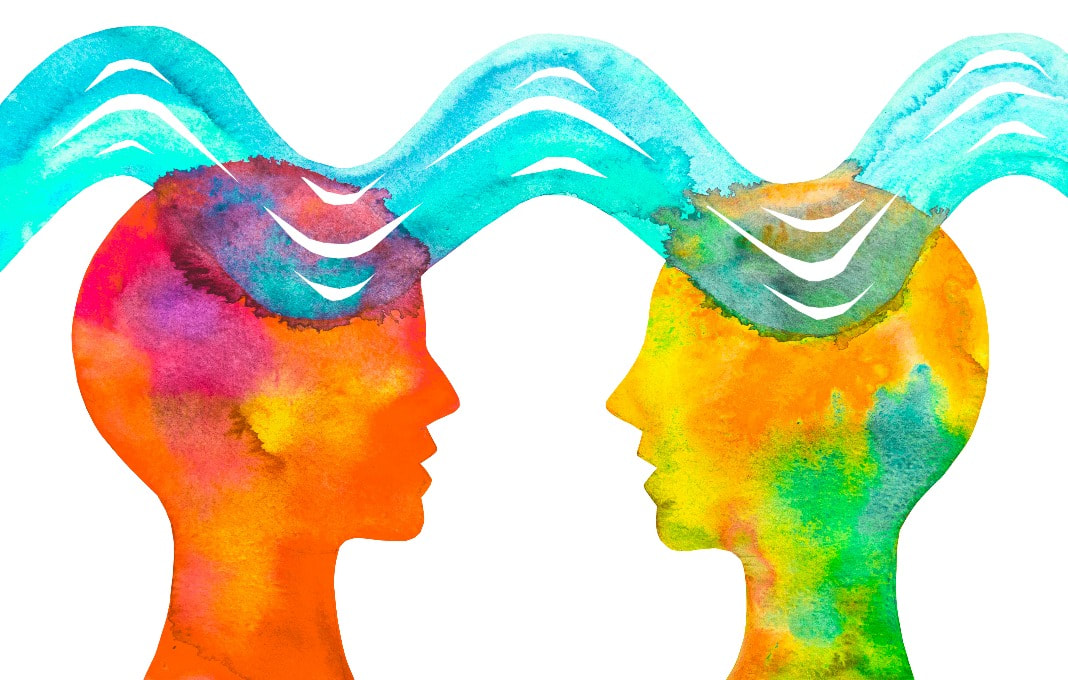

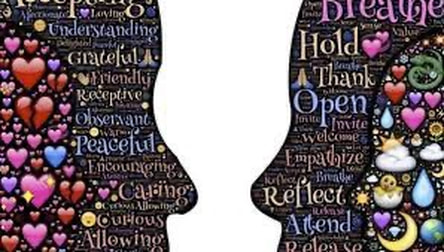
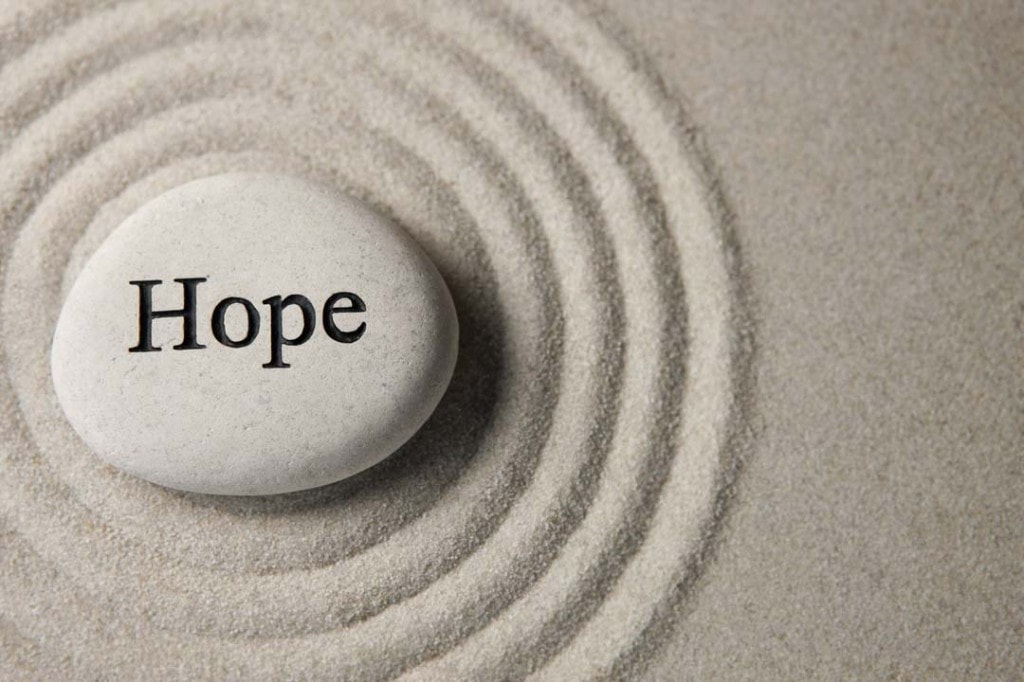
 RSS Feed
RSS Feed
